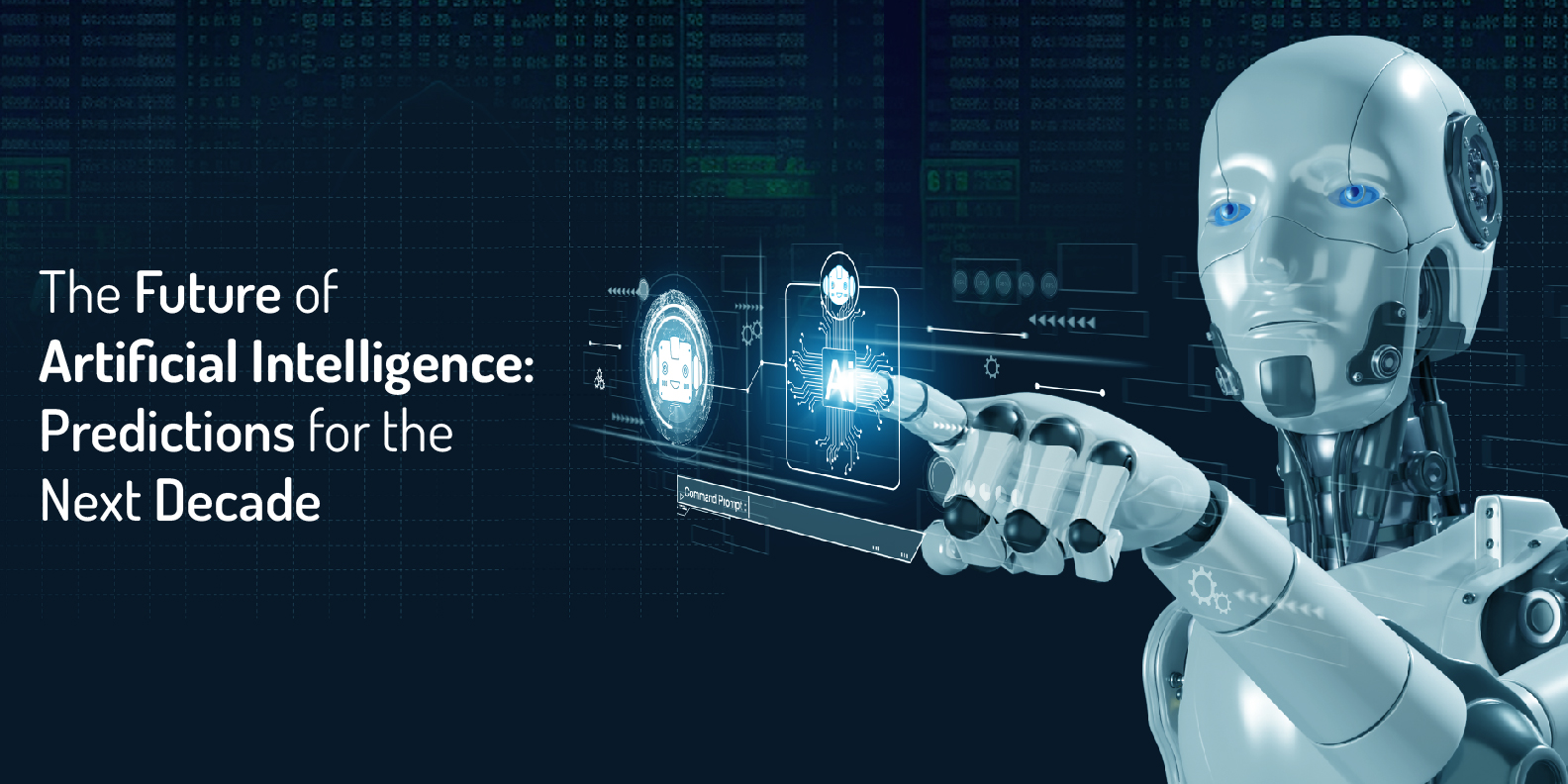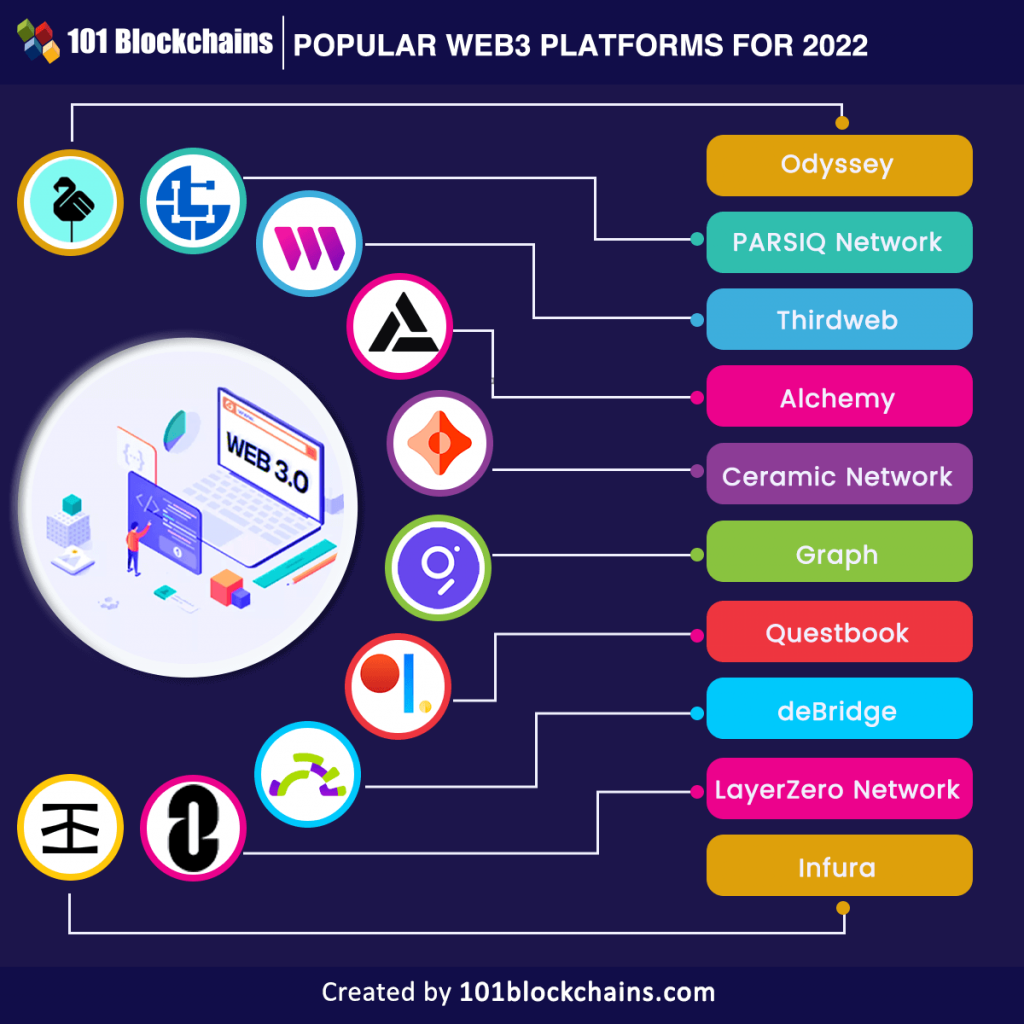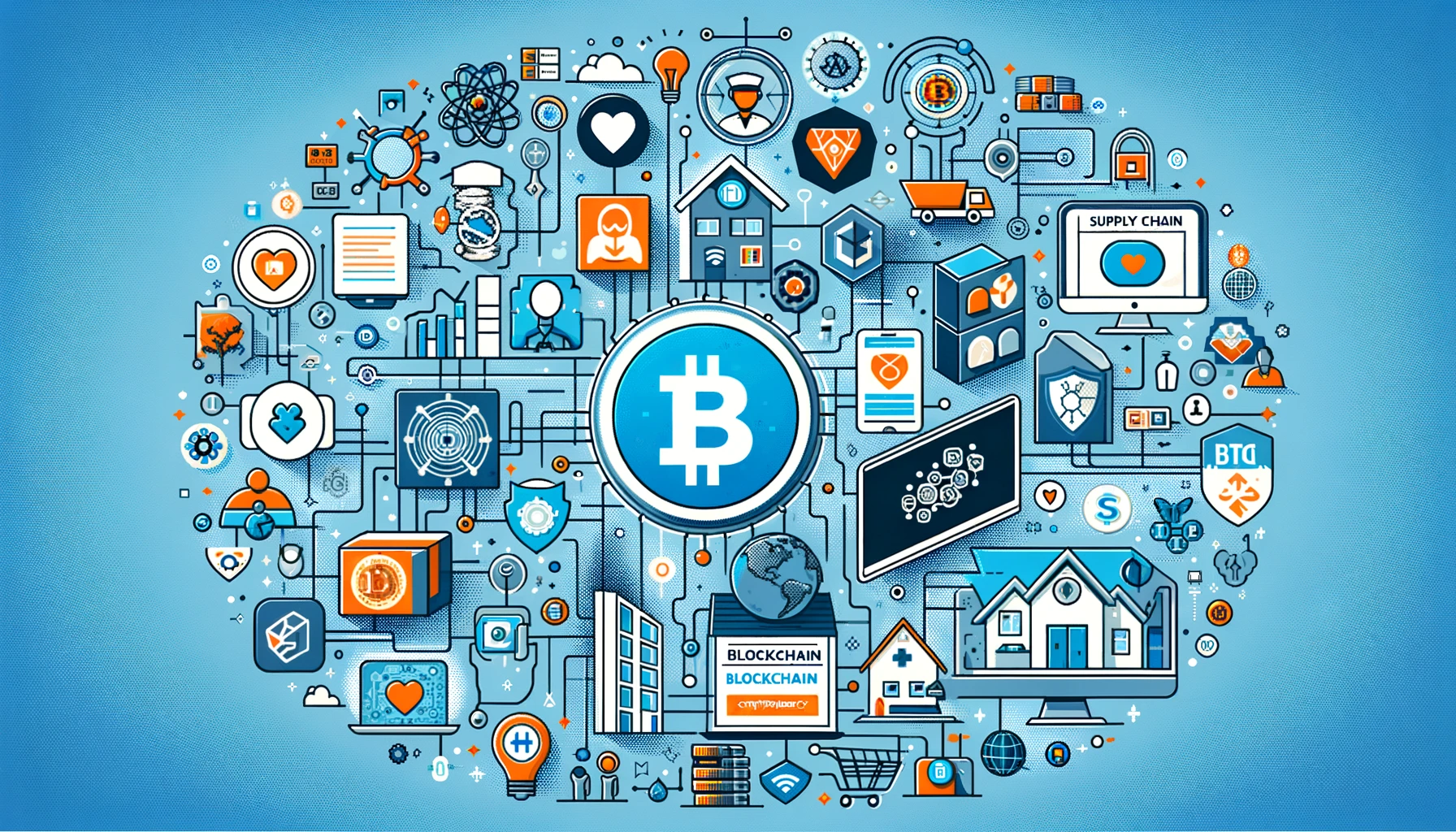
The Future of AI Unveiled: Predictions for the Next Decade (2024-2034)
Artificial Intelligence (AI) isn’t just a buzzword anymore; it’s a fundamental technology rapidly reshaping our world. From personalized recommendations on your favorite streaming service to sophisticated medical diagnoses, AI is already deeply integrated into our daily lives. But what does the next decade hold for this incredible technology?
As AI continues its rapid evolution, fueled by breakthroughs in computing power, data availability, and innovative algorithms, we’re on the cusp of truly transformative changes. This article will break down what you can expect from AI in the coming 10 years, using simple language to make complex ideas easy to understand.
Understanding AI Today: A Quick Look
Before we dive into the future, let’s quickly recap what AI is doing right now:
- Machine Learning (ML): AI systems that learn from data without being explicitly programmed. Think of it like teaching a child by showing them many examples.
- Deep Learning (DL): A more advanced form of ML, inspired by the human brain’s structure (neural networks). This is what powers facial recognition and natural language understanding.
- Natural Language Processing (NLP): Allows computers to understand, interpret, and generate human language. Siri, Alexa, and ChatGPT are prime examples.
- Computer Vision: Enables computers to "see" and interpret images and videos, used in self-driving cars and medical imaging.
Now, let’s peer into the crystal ball!
Prediction 1: The Rise of Hyper-Personalized AI
Get ready for AI that understands you better than ever before. This isn’t just about suggesting movies you might like; it’s about deeply personalized experiences across all facets of life.
What it Means:
- Tailored Education: AI will create learning paths specifically designed for your learning style, pace, and interests, identifying areas where you struggle and providing targeted support.
- Customized Healthcare: Imagine AI analyzing your unique genetic makeup, lifestyle, and medical history to recommend treatments, preventative measures, and even diet plans that are perfect for you.
- Adaptive Work Tools: Your work software won’t just automate tasks; it will learn your habits, anticipate your needs, and proactively offer solutions, making you more efficient.
- Dynamic Entertainment: Beyond just recommendations, AI could generate personalized stories, music, or even interactive games that adapt to your mood and preferences in real-time.
Key Drivers:
- Vast amounts of personal data (with increasing focus on privacy).
- More sophisticated AI models capable of processing nuanced information.
- Edge AI (AI processing happening directly on your device, like your phone, for faster and more private personalization).
Prediction 2: Generative AI Becomes Mainstream and More Sophisticated
Generative AI, which creates new content (like text, images, and audio) rather than just analyzing existing data, has exploded onto the scene with tools like ChatGPT and Midjourney. The next decade will see it become an indispensable tool for almost everyone.
What it Means:
- Automated Content Creation: Businesses will use AI to draft marketing copy, generate social media posts, and even produce basic news articles or reports in seconds.
- Creative Augmentation: Artists, designers, and musicians will use AI as a powerful assistant, generating variations of their work, exploring new styles, or even creating entire soundtracks based on a few prompts.
- Code Generation & Debugging: Software developers will rely on AI to write code snippets, identify errors, and even suggest improvements, speeding up development significantly.
- Personalized Digital Companions: More advanced AI chatbots will feel incredibly natural, capable of complex conversations, offering advice, or simply being a sounding board.
Key Advancements:
- Multimodal AI: AI systems that can understand and generate content across different formats (text, images, video, audio) simultaneously.
- Increased Accuracy & Nuance: Generative AI will become far less prone to "hallucinations" (making up facts) and better at understanding subtle human instructions.
- Ethical Frameworks: Growing focus on ensuring generative AI is used responsibly, avoiding plagiarism, and detecting AI-generated "deepfakes."
Prediction 3: AI-Powered Robotics and Autonomous Systems Flourish
While we’ve had robots in factories for decades, the next 10 years will see AI making robots smarter, more versatile, and capable of operating safely in unpredictable environments.
What it Means:
- Advanced Self-Driving Vehicles: Expect significant progress, with more cities and regions adopting autonomous taxis and delivery services. The focus will shift from "can it drive?" to "can it drive everywhere, safely, in all conditions?"
- Smart Drones for Everything: Drones will become commonplace for package delivery, infrastructure inspection, agriculture monitoring, and even emergency response.
- Humanoid Robots for Specialized Tasks: While general-purpose household robots are still a ways off, specialized humanoid robots could assist in elderly care, hazardous material handling, or even perform basic maintenance tasks in challenging environments.
- Automated Warehouses & Logistics: AI-powered robots will revolutionize supply chains, making them faster, more efficient, and less prone to errors.
Challenges to Overcome:
- Safety & Reliability: Ensuring these systems are foolproof in unpredictable real-world scenarios.
- Regulation & Public Acceptance: Developing clear laws and building trust with the public.
- Cost: Making advanced robotics affordable for widespread adoption.
Prediction 4: AI’s Profound Impact on Healthcare and Science
AI is already a game-changer in these fields, but the next decade will see it revolutionize diagnostics, drug discovery, and scientific research.
What it Means:
- Accelerated Drug Discovery: AI can sift through vast databases of chemical compounds, predict their interactions, and identify potential new drugs much faster than traditional methods. This could lead to breakthroughs in treating currently incurable diseases.
- Early Disease Detection: AI will become even better at analyzing medical images (X-rays, MRIs) and patient data to detect diseases like cancer or Alzheimer’s at their earliest, most treatable stages.
- Personalized Treatment Plans: Beyond just diagnosis, AI will help doctors create highly personalized treatment strategies, predicting how a patient will respond to different medications or therapies.
- Scientific Breakthroughs: AI will assist scientists in analyzing complex datasets, simulating experiments, and even generating new hypotheses, accelerating discoveries in physics, biology, and beyond.
Ethical Considerations:
- Data privacy for sensitive health information.
- Ensuring AI recommendations are transparent and explainable to doctors.
- Addressing potential biases in medical data that could lead to unequal care.
Prediction 5: The Evolving Workplace: Human-AI Collaboration Takes Center Stage
Fear of AI taking all jobs is common, but the next decade will largely be defined by how humans and AI work together, rather than AI replacing people entirely.
What it Means:
- AI as an Assistant: AI will handle repetitive, data-heavy, or dangerous tasks, freeing up human workers to focus on creativity, critical thinking, problem-solving, and interpersonal communication.
- New Job Roles Emerge: We’ll see a rise in roles like "AI Trainer," "AI Ethicist," "Prompt Engineer" (someone skilled at communicating with AI), and "AI System Manager."
- Upskilling and Reskilling are Crucial: The workforce will need to adapt, learning how to effectively use AI tools and focusing on uniquely human skills that AI can’t replicate.
- Increased Productivity: Businesses that effectively integrate AI into their workflows will see significant gains in efficiency and output.
Key Shifts:
- Focus on "Human Skills": Empathy, creativity, emotional intelligence, negotiation, and complex decision-making will become even more valuable.
- Lifelong Learning: Continuous education and adaptation will be essential for career success.
- Augmented Intelligence: AI will serve as an extension of human capabilities, enhancing our abilities rather than replacing them.
Prediction 6: Addressing AI Ethics, Regulation, and Safety
As AI becomes more powerful and pervasive, the global conversation around its ethical implications, regulatory frameworks, and safety measures will intensify and lead to concrete action.
Key Areas of Focus:
- Bias and Fairness: Ensuring AI systems don’t perpetuate or amplify existing societal biases (e.g., in hiring, lending, or criminal justice) due to biased training data.
- Transparency and Explainability (XAI): Developing "black box" AI systems that can explain why they made a particular decision, especially crucial in critical applications like healthcare or law.
- Privacy and Data Security: Stronger regulations and technologies to protect personal data used to train and operate AI systems.
- Accountability: Determining who is responsible when an AI system makes an error or causes harm.
- AI Governance and Regulation: Governments and international bodies will work to establish laws and guidelines for AI development and deployment, balancing innovation with safety.
- Misinformation and Deepfakes: Developing robust methods to detect AI-generated fake content and combat its spread.
The AGI Question (Artificial General Intelligence):
While some predict AGI (AI that can understand, learn, and apply knowledge across a wide range of tasks, like a human) might emerge, most experts believe it’s unlikely within the next decade. However, research into AGI will continue, and advancements in "narrow AI" (AI specialized in one task) will contribute to this long-term goal. The immediate focus will be on ensuring current and near-future AI is safe and beneficial.
Conclusion: A Decade of Transformation
The next decade of AI promises to be nothing short of revolutionary. From deeply personalized experiences that adapt to our individual needs to AI-powered robots working alongside us, the impact will be felt across every industry and in every home.
While challenges related to ethics, regulation, and job displacement will undoubtedly arise, the overall trajectory points towards an era of unprecedented innovation and efficiency. The key for individuals and societies will be to embrace these changes, understand AI’s capabilities and limitations, and actively participate in shaping a future where AI serves humanity’s best interests.
Are you ready for the AI-powered future? Start learning, adapting, and envisioning the possibilities today!



Post Comment